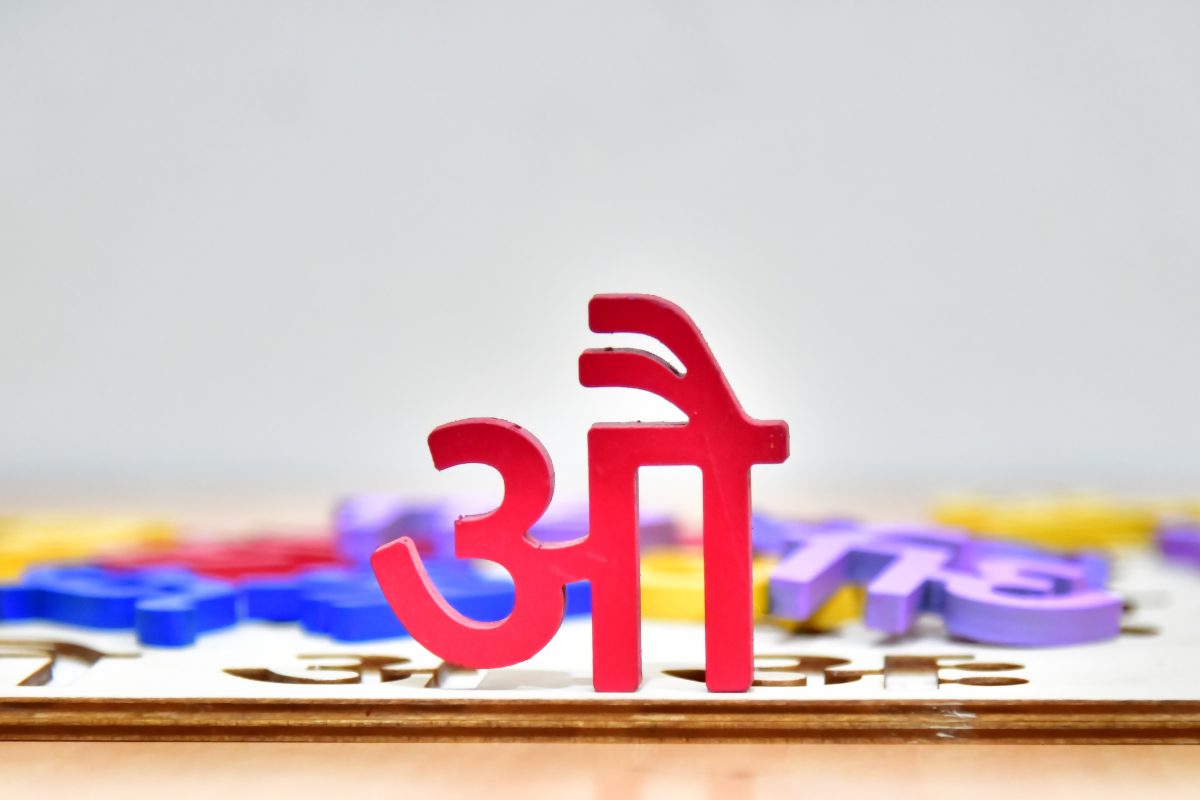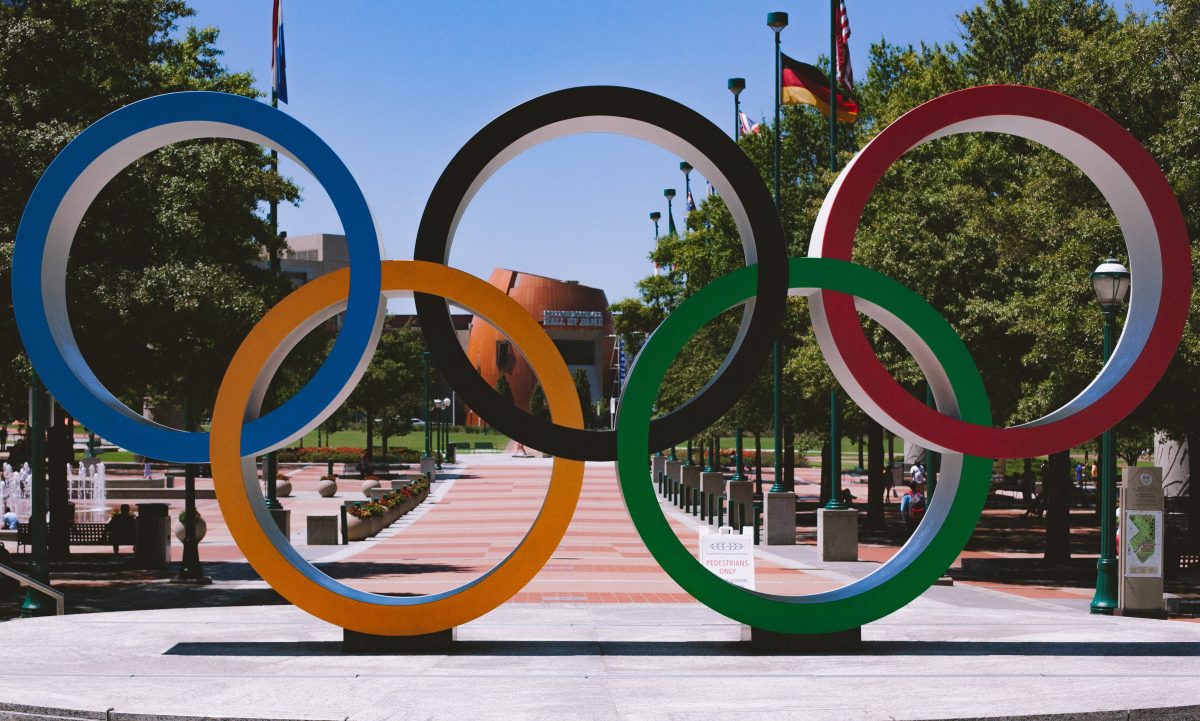“Abbiocco”’ is the Italian word used to express the content sleepiness you feel after eating a big meal. The word originates from the dialects of the central regions of Italy, namely Lazio and Le Marche. It derives from the verbs abbioccare / abbioccarsi, which mean to feel physically exhausted. The word is often paired with the verb “avere” to create the expression “avere l’abbiocco” – literally “to have the drowsiness.” It implies having a need to lie down and fully relax. It could be compared to the colloquial English phrase ‘food coma’.
Interesting Fact : Italy






